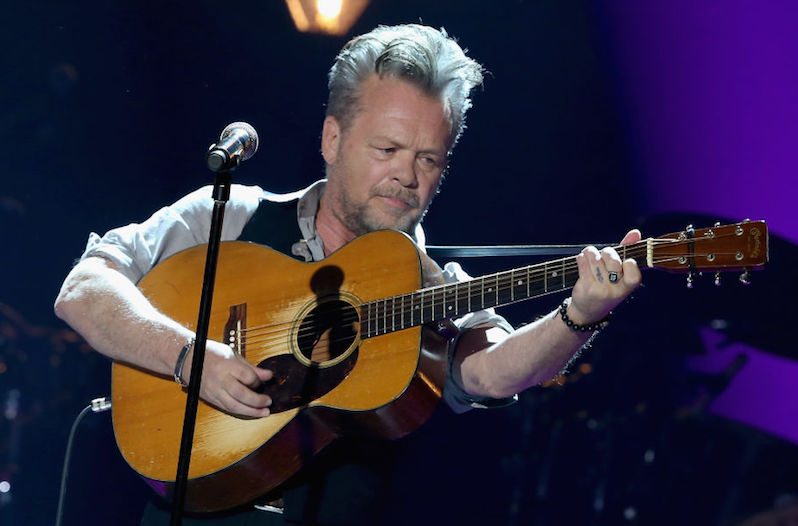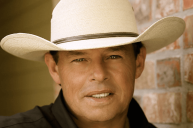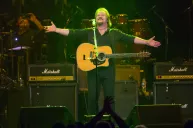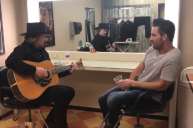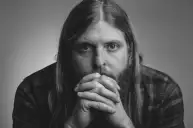One overlooked influence on both radio-friendly, pop-oriented country music and rootsy, songwriter-driven Americana is John Mellencamp. The Indiana-born Heartland rocker cut several decade-defining hits in the 1980's, impacting pretty much everything that gets labeled as country in the 21st century.
The following talking points cover how a famous rocker's songwriting helped set the groundwork for both party-hearty "bro-country" and the new generation of critically-acclaimed songwriters willing to wear their hearts on their sleeves.
"I Wonder If Jack and Diane Ever Made It?"
Although the tides have shifted a little with even Luke Bryan and Blake Shelton going a more traditional route on recent singles, stereotypes persist that predictable, repetitive tales about small towns and nameless women dominate the airwaves. Basically, mainstream stars retool "Cherry Bomb" to incorporate hip-hop beats.
This comparison applies to such established names as obvious Mellencamp devotee Darius Rucker and Kenny Chesney, who references "Pink Houses" on his "American Kids" single. Younger artists, raised on classic rock radio and inspired by the before-mentioned country singers, get even more blatant. One of the best radio-friendly hits in recent memory, Old Dominion's "No Such Thing As a Broken Heart," charges right out the gate with a "Jack & Diane" reference. A recent Jake Owen single is even less subtle, putting two archetypal American kids in the title of recent single "I Was Jack (You Were Diane)."
In short, the wide-open scenery and limited social options of small town America provided pop-friendly stories that helped make Mellencamp a household name. This influences mainstream country now, more so than uit shapes whatever's left of rock music.
"This land fed a nation, this land made me proud"
Mellencamp's catalog includes more than just obvious hits filled with Heartland rock buzzwords. Like rock star peer Bruce Springsteen, his celebrations of American life sometimes uncovered deeper issues than who's dancing with who at the sock hop. This material, exemplified by farmers' protest anthem "Rain on the Scarecrow," reflects the music of such artists of principle as Jason Isbell, Margo Price and numerous other alternatives to the mainstream.
With "Rain on the Scarecrow," Mellencamp reached the same rock-to-righteous-cause ratio as the more roots-accepted Steve Earle or Drivin' N' Cryin' while lamenting the same issues that inspire his Farm Aid co-founder Willie Nelson. Some of the more traditionally-minded artists out there mirror this song and other less-obvious singles from Mellencamp's massive back catalog, even if they're not consciously following his footsteps.
Products of the Times
Even if they were raised on the road by bluegrass pickers or knew Ray Price songs by heart at a young age, it's feasible to assume that all children of the '80s and '90s heard Mellencamp's hits non-stop. One wave of future performers and songwriters heard these songs everywhere when they first permeated American culture. The other enjoyed the tail-end of the era of recording their favorites off the radio onto blank cassettes, right as Mellencamp began defining classic rock station's predictable yet irresistable rotations of hits.
Some artists blatantly tip their hats to the former Johnny Cougar, while others might not know that he's similar to their college rock and alt-country heroes. Either way, all sorts of modern country songs might sound way different without his influence.
